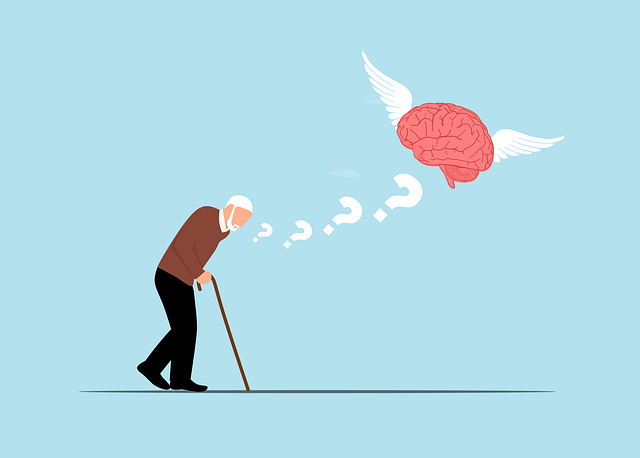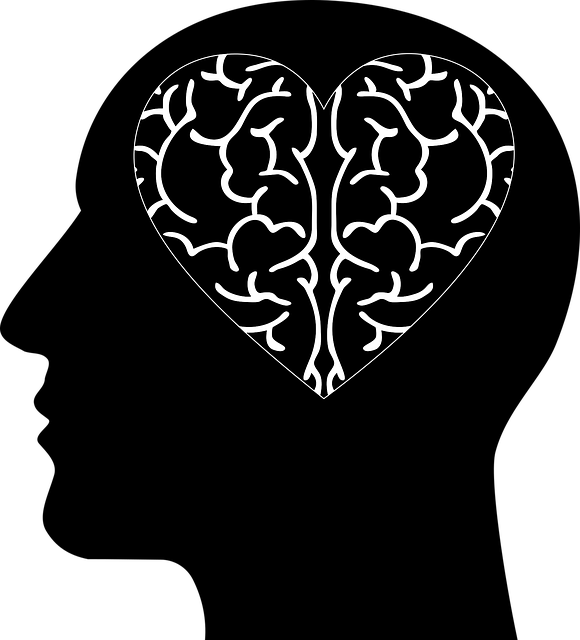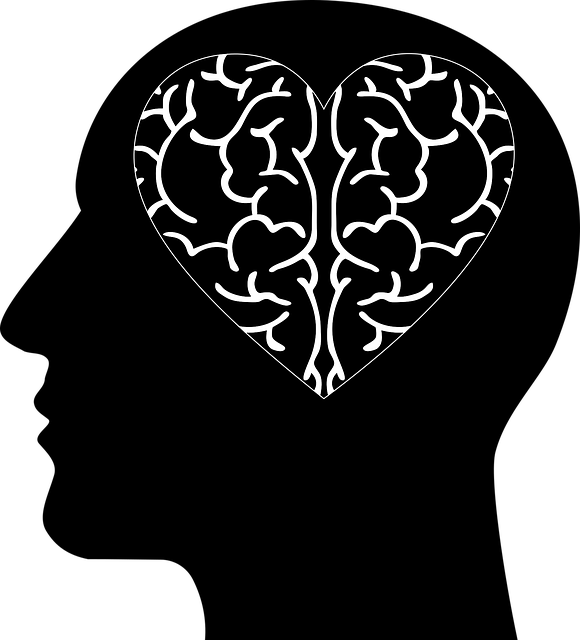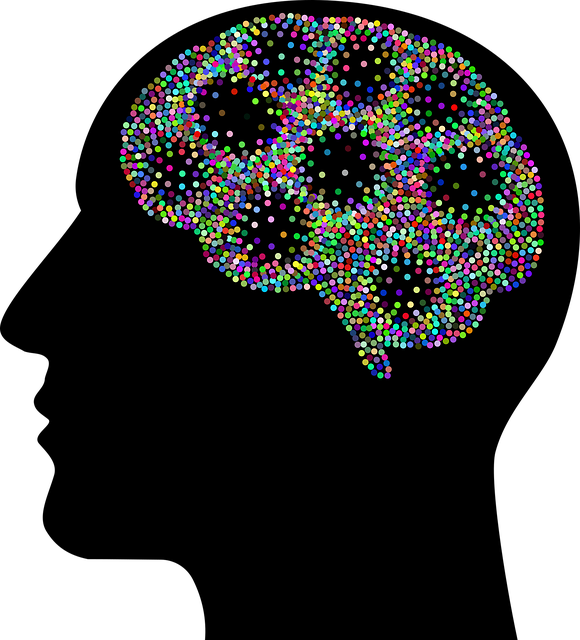Loss, grief, and bereavement profoundly impact teenagers during their already challenging adolescence, potentially exacerbating or triggering mental health issues due to developing brains and emotional regulation skills. Counseling (therapy) acts as a vital lifeline, providing adolescents with coping mechanisms, stress management techniques, and strategies for emotional well-being. It offers a safe space to express feelings, process grief, and prevent the escalation of mental health problems, especially in suicide prevention cases. Through specialized approaches like cognitive behavioral therapy (CBT) and mindfulness-based interventions, counseling equips teens with resilience, fosters self-awareness, and promotes healing after significant loss, addressing key aspects of therapy for adolescent teens' suicide prevention.
Loss, grief, and bereavement can profoundly impact adolescent teens, especially after traumatic events or suicide. Understanding these complex emotions is crucial for fostering resilience. This article explores how counseling plays a vital role in suicide prevention among teens, offering effective therapy approaches for healing and support. By delving into the unique challenges faced by adolescents, we aim to provide insights that empower professionals to offer tailored care, ultimately mitigating the risk of suicidal ideation and promoting long-term well-being.
- Understanding Loss, Grief, and Bereavement in Teens
- The Role of Counseling in Suicide Prevention for Adolescents
- Effective Therapy Approaches for Healing and Support
Understanding Loss, Grief, and Bereavement in Teens

Loss, grief, and bereavement are significant emotional experiences that can profoundly impact teenagers. Understanding these complex feelings is crucial for providing appropriate support to young individuals who have endured the loss of a loved one. Adolescence is already a time of immense change and development, and when intertwined with the trauma of loss, it can exacerbate existing mental health challenges or trigger new ones. Teenagers may struggle to process grief in healthy ways due to their still-developing brains and emotional regulation skills.
Counseling plays a vital role in helping teens navigate these uncharted waters. Through therapy, adolescents can learn effective coping mechanisms, stress management techniques, and emotional well-being promotion strategies to deal with their loss. It provides a safe space for them to express their feelings, process their grief, and prevent the escalation of mental health issues, especially in cases where the loss is related to suicide prevention. The focus on mental wellness during this difficult period can foster resilience and support teens in finding meaning and healing after a significant loss.
The Role of Counseling in Suicide Prevention for Adolescents

Counseling plays a pivotal role in preventing adolescent suicide by providing teens with a safe space to process their emotions and thoughts. Through therapy, young individuals can learn healthy coping mechanisms, enhance their problem-solving skills, and develop resilience against life’s challenges. Mental wellness journaling exercises within counseling sessions encourage teens to reflect on their feelings, track progress, and identify triggers, fostering self-awareness and emotional regulation.
Additionally, risk management planning for mental health professionals equips counselors with strategies to identify and mitigate suicidal ideation effectively. By integrating guidance on self-care routine development, counselors model healthy behaviors that promote better mental health for both themselves and their clients. This holistic approach ensures adolescents receive comprehensive support, nurturing their mental wellness and safeguarding them from the devastating consequences of suicide.
Effective Therapy Approaches for Healing and Support

Healing and support for loss, grief, and bereavement can be effectively achieved through specialized therapy approaches tailored to meet individual needs. For adolescents and teens who have experienced the loss of a loved one, particularly those at risk for suicide prevention, evidence-based therapies such as cognitive behavioral therapy (CBT) and mindfulness-based interventions have shown significant promise. CBT helps individuals identify and challenge negative thought patterns and behaviors associated with grief, fostering healthier coping mechanisms and emotional regulation. Mindfulness practices encourage present-moment awareness, enabling teens to process their emotions without judgment and cultivate a sense of inner peace.
Integrating compassion cultivation practices into therapy can further enhance healing processes. These techniques promote empathy, self-kindness, and understanding, not only towards oneself but also towards others who may be experiencing similar struggles. Such an approach aligns with the growing emphasis on healthcare provider cultural competency training and mental wellness coaching programs development, ensuring that support is tailored to meet the unique needs of diverse individuals navigating grief and bereavement.
Loss, grief, and bereavement can profoundly impact adolescent teens, often leading to vulnerable emotions and, in severe cases, contributing to suicide risks. Counseling plays a vital role in therapy for adolescent teens suicide prevention by providing a safe space for expression and healing. Through evidence-based approaches, professionals offer support tailored to each teen’s unique experience, fostering resilience and coping mechanisms to navigate this challenging time. Effective therapy for adolescent teens focuses on understanding their specific loss, validating their emotions, and empowering them with tools to manage their mental health effectively.








